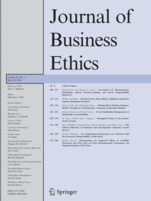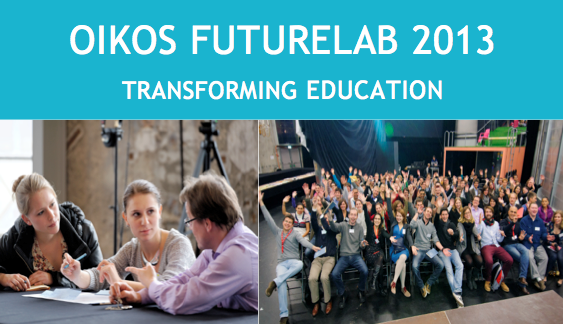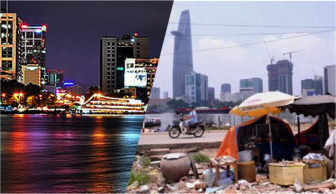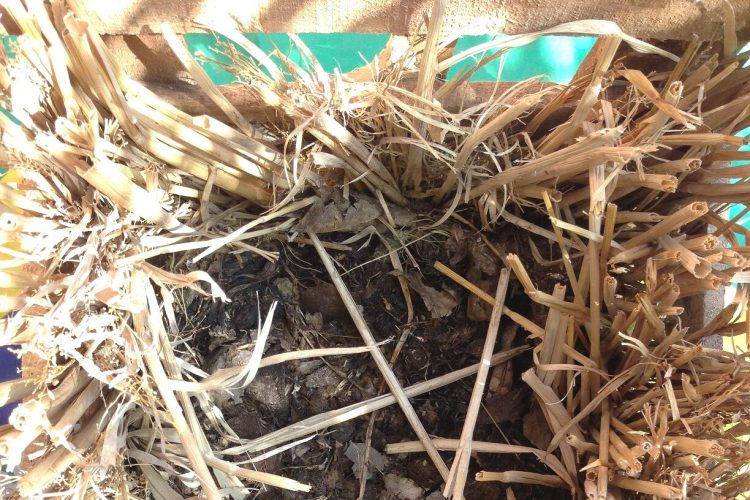Human rights declarations are instruments used to introduce universal standards of ethics. The UN’s Protect, Respect, and Remedy Framework intends to provide guidance for corporate behavior in regard to...
We are kicking-off August in style with the launch of our new and improved website, registration for the upcoming oikos FutureLab & oikos Winter School and Call for Cases for our Case...
Why hasn’t impact investing taken off in China & Southeast Asia? An analysis of key cultural, demographic and perceptual factors could explain why North American and European firms are...
We are thrilled to introduce the first project of our newly established oikos chapter in Pune. The i-GREEN initiative, which aims to clean rivers in the region, has already...





